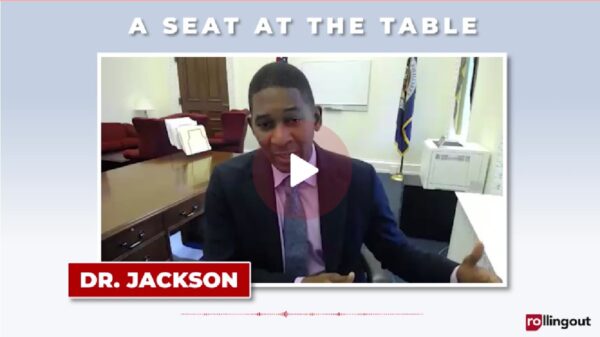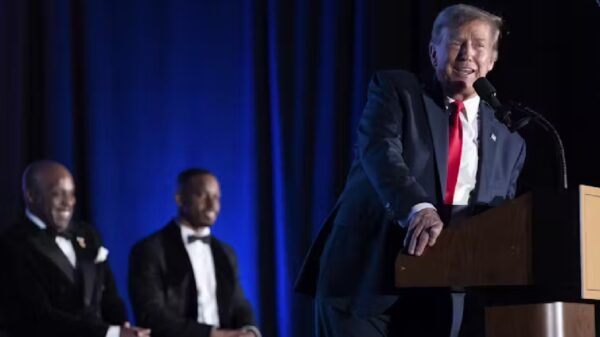
By Mary Mitchell
The Chicago Sun-Times
The Supreme Court’s landmark decision banning colleges and universities from considering race in admissions is a wake-up call for those who believe our nation has made significant progress regarding racial equality.
It hasn’t.
Black people have to fight the same battles over and over — from voting rights to inequities in public education — and now affirmative action.
There seems to be a movement afoot to reverse the gains won in the ’50s and ‘60s. First, the justices struck down Roe v. Wade, and now this bold assault on affirmative action.
Frankly, at this point, colleges and universities shouldn’t have to consider race in admissions. But, unfortunately, we aren’t there yet.
Too many Black elementary and high school students in urban areas are stuck in underperforming schools, and that inequality lessens their chances of getting into a top-notch college.
And too many Black students live in trauma-filled neighborhoods bereft of the experiences and opportunities that would help them get into an Ivy League school like Harvard.
Are there exceptions?
Of course, there are.
But a young person with big dreams growing up in Englewood or West Garfield shouldn’t have to write an essay about how racism has affected them personally to score admission points.
The inequality that separates us is not a folk tale. It is history.
My parents lived through those dark days of blatant racial discrimination. Some of us are now living with the subtle bigotry that has resulted in the disinvestment of neighborhoods, food deserts and shuttered schools.
So the idea that race can’t be considered when a Black or Brown student applies to the nation’s colleges and universities ignores how we got here in the first place.
It ignores the long history of deprivation that Black enslaved people endured, followed by a more extended period of segregation in public accommodations, education and housing.
The same fear that once had white families trying to block Black children from going to school with white children has resurfaced under the guise of “fairness.”
But instead of fairness, this Supreme Court ruling makes a mockery of the civil rights struggle to level the playing field for a future generation of Black people.
It is also a harsh reminder that the rights people have fought and died for hundreds of years can be wiped out with the stroke of a pen.
Underneath the righteous indignation from the conservative majority on the Supreme Court lies this one sure thing: This ruling could stop hard-working, intelligent and talented students of color from attending some of the top universities in the country.
Justices Sonia Sotomayor, Elena Kagan and Ketanji Brown Jackson pointed out in their dissent that the ruling “rolls back decades of precedent and momentous progress,” according to the Washington Post.
It is particularly disheartening that Justice Clarence Thomas, who benefited from affirmative action when he attended Harvard law school, concurred with the ruling.
“Treating anyone differently based on skin color is oppression,” Thomas said.
This harmful ruling shows that Thomas and his conservative colleagues are in denial about who the oppressed people are.









You must be logged in to post a comment Login